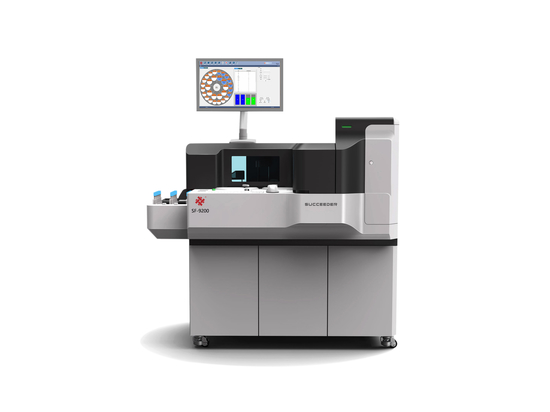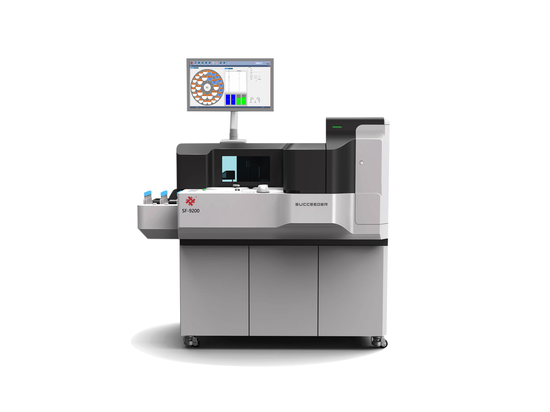
#Industry News
Why does blood coagulate?
Coagulation, Thrombosis, Hemostasis
Blood coagulates because of high blood viscosity and slow blood flow, which leads to blood coagulation.
There are coagulation factors in the blood. When blood vessels bleed, coagulation factors are activated and adhere to platelets, causing blood viscosity to increase and blood flow to slow down, thereby blocking the leaks in blood vessels. Blood coagulation is of great significance to the normal hemostasis of the human body. Blood coagulation refers to the process of blood changing from a liquid state to a solid state. Blood coagulation is an amplification reaction of a series of coagulation factors. Fibrinogen is activated into fibrin to form a fibrin clot to achieve the purpose of hemostasis. When the human body is injured, platelets are stimulated by the injured part, platelets are activated, and aggregated clots appear, which plays a primary hemostatic role. Then the platelets undergo complex changes to produce thrombin, which converts the fibrinogen in the adjacent plasma into fibrin. Fibrin and platelet clots act simultaneously to become thrombi, which can stop bleeding more effectively.
When the patient is injured, if the blood has not coagulated, go to the hospital for treatment immediately.







